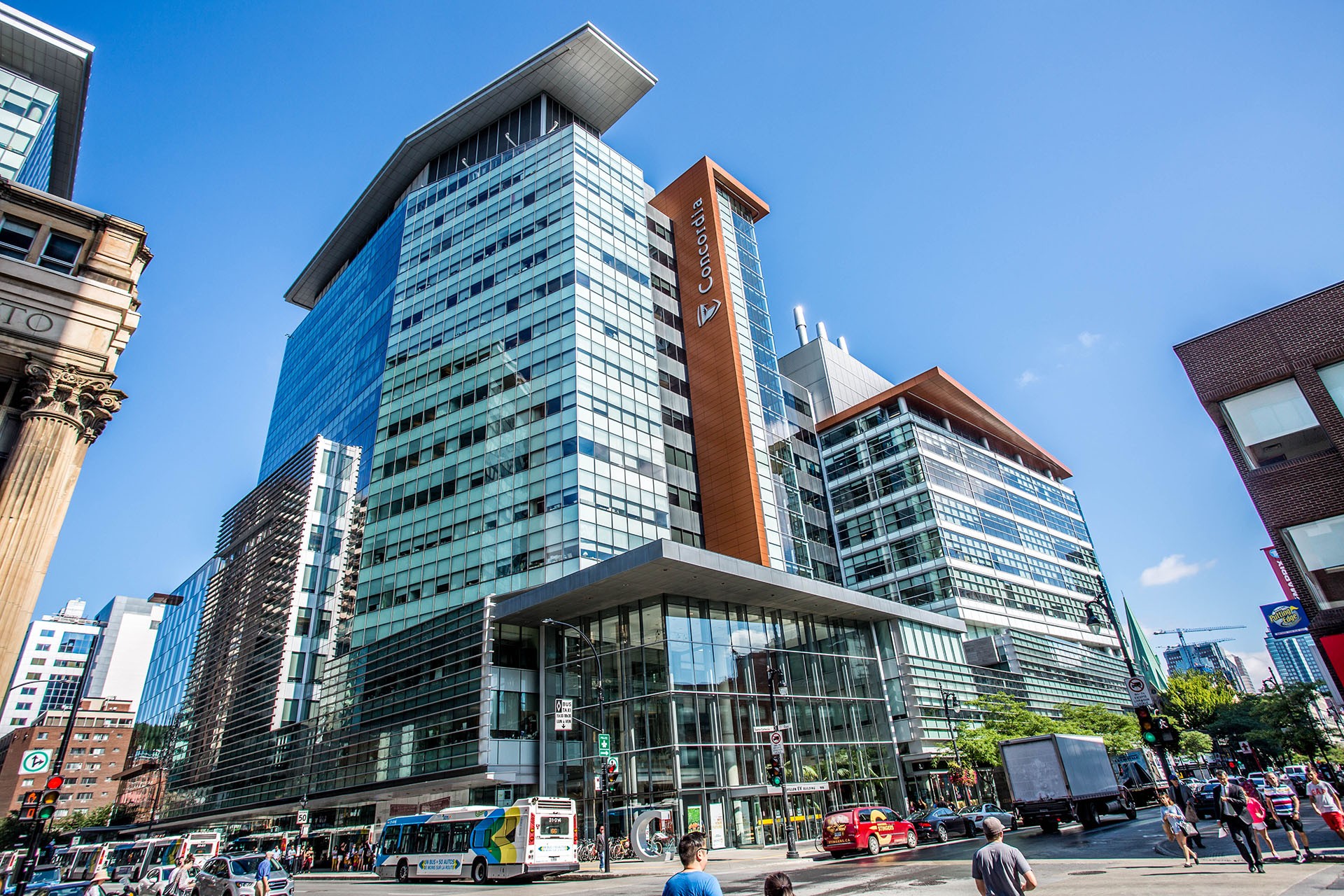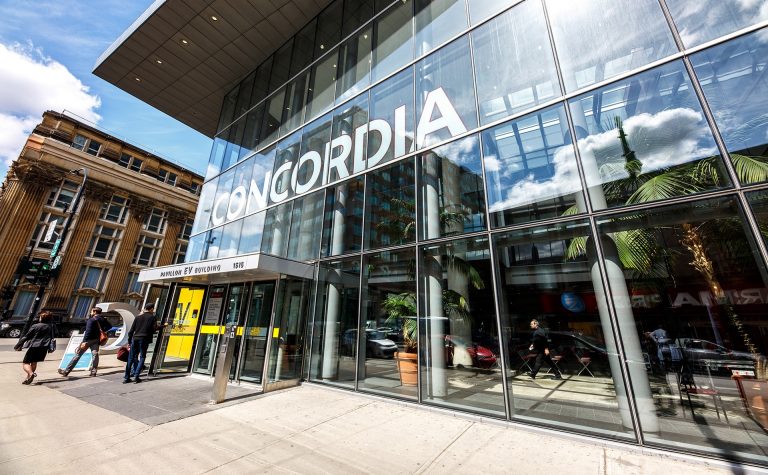Concordia University offers a Master of Engineering (MEng) program in Aerospace Engineering. This graduate program is designed to provide students with advanced knowledge and specialized skills in the field of aerospace engineering.
Here is a general overview of what the Aerospace Engineering program at Concordia University might include:
Core Courses: The program typically includes core courses that cover essential topics in aerospace engineering. These courses may cover subjects such as aerodynamics, aircraft structures, propulsion systems, flight dynamics and control, aerospace materials, aerospace systems design, and aerospace engineering principles. These courses provide students with a solid foundation in the fundamental concepts and principles of aerospace engineering.
Advanced Technical Courses: The program offers advanced technical courses that focus on specific areas within aerospace engineering. Students have the opportunity to deepen their knowledge in areas such as aircraft design, aerospace propulsion, avionics and control systems, aerospace structures, computational fluid dynamics (CFD), and aerospace system analysis. These courses provide specialized expertise in the chosen area of interest.
Research Opportunities: The program may offer research opportunities for students to engage in cutting-edge aerospace engineering research. Students can work on research projects under the supervision of faculty members who are experts in the field. They contribute to ongoing research efforts and have the opportunity to develop their own research projects. Research activities may include computational modeling, experimental testing, design optimization, or theoretical analysis in aerospace engineering.
Industry Collaboration: The program may collaborate with industry partners to provide students with practical experiences and exposure to real-world aerospace engineering challenges. Students may have opportunities for internships, cooperative education experiences, or industry-sponsored projects. These collaborations enhance students' understanding of industry practices, foster networking opportunities, and provide valuable industry insights.
Design Projects: The program may include design projects that allow students to apply their knowledge and skills to solve practical aerospace engineering problems. Working individually or in teams, students have the opportunity to design, analyze, and optimize aerospace systems or components. They gain hands-on experience with engineering software, simulation tools, and testing equipment commonly used in the aerospace industry.
Seminars and Guest Lectures: The program may organize seminars, guest lectures, and industry presentations by experts in the aerospace engineering field. These events provide students with opportunities to learn about the latest advancements, emerging technologies, and industry trends in aerospace engineering. Students can interact with professionals and researchers in the field, expand their knowledge, and stay informed about the current developments in the aerospace industry.
Professional Development: The program may incorporate professional development activities to enhance students' skills and prepare them for careers in aerospace engineering. These activities may include workshops on technical communication, project management, leadership, and ethics. Students may also have opportunities to participate in conferences, competitions, or industry events to showcase their work and network with professionals in the field.
Please note that the specific courses, research opportunities, and requirements within the Aerospace Engineering program may vary. I recommend visiting the official Concordia University website or contacting the university directly for the most accurate and up-to-date information about their Master's program in Aerospace Engineering.
Show less 



